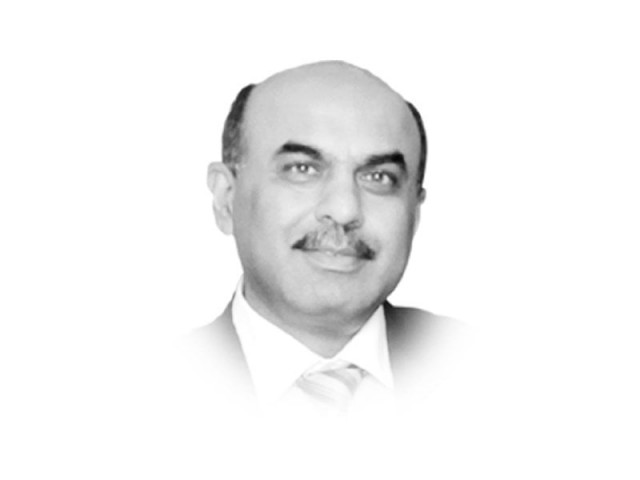Relevance of GM Syed today
One cannot relegate his commitment to coexistence, democratic and secular values in politics and rights of nations.

The writer is Chief Executive of the Strengthening Participatory Organisation
An objective study of GM Syed’s political career proffers certain solutions for the current crisis of the state. He always stood for separation of religion from state affairs and advocated greater autonomy for federating units. The Charter of the Pakistan People’s Organisation, which he founded in 1948, envisioned a progressive, democratic country. The party proposed to make the country a ‘union of autonomous socialist republics’. The prescription could have stitched a tenable federation and averted its fragmentation. The party charter also emphasised the recognition of Pakistan as a multi-nation state where historic identities and rights of the constituent nations should be respected .The creation of Bangladesh and the disgruntlement of Balochistan and Sindh signify the hitherto unresolved riddle.
Another relevance of GM Syed’s work is his unambiguous proposition for separation of religion from state affairs. Although Pakistan was created on the basis of the two-nation theory, it is widely believed that, after its creation, the Quaid-e-Azam intended to make it a secular state. Vested interests, however, were reluctant to wean off from religiosity, as it offered a lucrative nexus with global powers. Besides the national leadership, GM Syed also berated superpowers for blending religion with regional politics for their strategic appetite. He delivered a spellbinding speech at the Vienna International Peace Conference in 1952. Addressing delegates from the US and Britain, he deplored American and British efforts to unite Muslims based on their faith which, he felt, engendered serious ramifications. He warned them that patronising such forces would promote religious extremism and fascism. These words testify the prescience of a maverick.
GM Syed’s intellectual contribution was enormous. He bequeathed a treasure trove of over 60 published books and a huge cache of unpublished work. Mostly in Sindhi, his books are a testimony of the history of Sindh and the subcontinent. His landmark books Paigham-e-Latif (Message of Shah Latif) and Jee’aan ditho aa moon (As I witnessed) are especially seminal works of Sindhi literature and politics. In Paigham-e-Latif, he reinterpreted Shah Abdul Latif Bhitai as an icon of the social consciousness of Sindh and not a mere reclusive dervish. His interpretation of Bhitai rediscovered him as a national poet of Sindh, whose message of humanity characterised the soul of the province as an abode of universal peace. Jee’an ditho aa moon provides an unusual comparative analysis of religions and an assault on religious extremism. The book riled clerics prompting them to issue an edict against him. It did not, however, muzzle him and he continued to proselytise his views.
For his defiant views, he remained interned for over 30 years. One may repudiate his political views but certainly cannot relegate his commitment to peaceful coexistence, democratic and secular values in politics and rights of nations. All of this is very relevant for today’s Pakistan to make it a tenable state.
Note: January 17 is the 109th birth anniversary of GM Syed.
Published in The Express Tribune, January 17th, 2013.














COMMENTS
Comments are moderated and generally will be posted if they are on-topic and not abusive.
For more information, please see our Comments FAQ